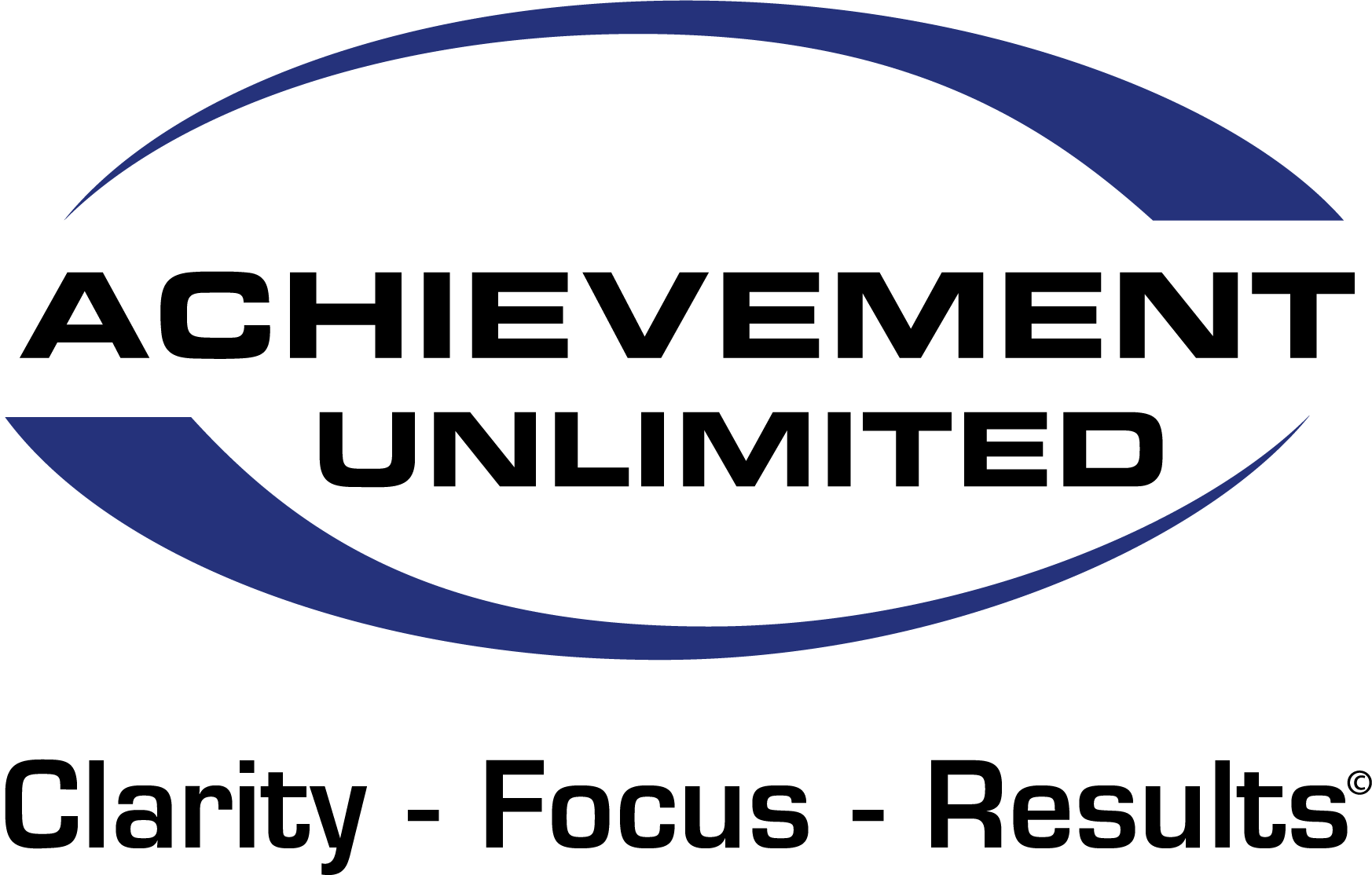Effective Leaders Manage Themselves Before Managing Others

Effective leaders manage themselves before managing others.
Research indicates that the No. 1 reason people leave organizations is because their direct boss is incompetent. In many cases, managers in their organization have promoted people to management levels with MBA (Management by Accident).
You are the leader of your own life. Every day, you are choosing to lead or choosing to follow. Personal leadership and personal mastery are a continuous journey toward personal excellence whereby you deliberately embark to become the best version of yourself possible. To live the life of your dreams, you need to be intentional and deliberate about your own journey. Your ability to grow as a leader is based on your ability to grow as a person. Your development program should be based on sustaining daily habits that move you in the direction of your goals.
Personal leadership is the ability to lead yourself. Far too many people just let life happen to them and then suffer the consequences. They move through life on auto pilot and blame personal and business failures on circumstances. Personal leaders decide what life they want, and then make it happen through planning and a basis for action. Personal leadership mastery means continuous growth and development in all six areas of the wheel of life. It means you are living with purpose and you are goal-oriented. It is very difficult to influence others if you have difficulty leading your own self. If you want to make things happen in your company, you need to master personal leadership.
In The Leadership Challenge, James Kouzes and Barry Posner wrote: “Leadership is an art – a performing art – and the instrument is the self. The mastery of the art of leadership comes with the mastery of the self. Ultimately, leadership development is a process of self-development. The quest for leadership is first an inner quest to discover who you are. Through self-development comes the confidence needed to lead. Self-confidence is really awareness of and faith in your own powers. These powers become clear and strong only as you work to identify and develop them.”
All significant change begins with telling yourself the truth about you!
The bottom line is this: If you want to lead a successful business that achieves its goals, you must first be able to achieve your own personal goals. You set the example for your people. If you want your employees to grow and aim for continuous improvement, then you must do it first. Remember: Leadership is a modeled behavior. You must walk the walk, starting with yourself. If you want your business to grow, if you want to increase revenues and bring in new clients, then you must grow with these changes. It is not always easy to reflect on where we are compared to where we want to be.
Growth can often be painful. As leaders, it can also be easy to make excuses why we do not have the time for personal growth and development but staying stagnant will destroy you and your business. If you take the time to look at yourself regularly and apply effort to personal development, perhaps through a formal program or one-on-one with a coach like me, I promise you will see tremendous results in your personal life and in your business.
On Feb. 19, Peter Demarest and I are teaming up to deliver the Self-Leadership Breakthrough Workshop for business owners and executives who want to make 2020 a breakthrough year. Click here to register.



Recent Comments